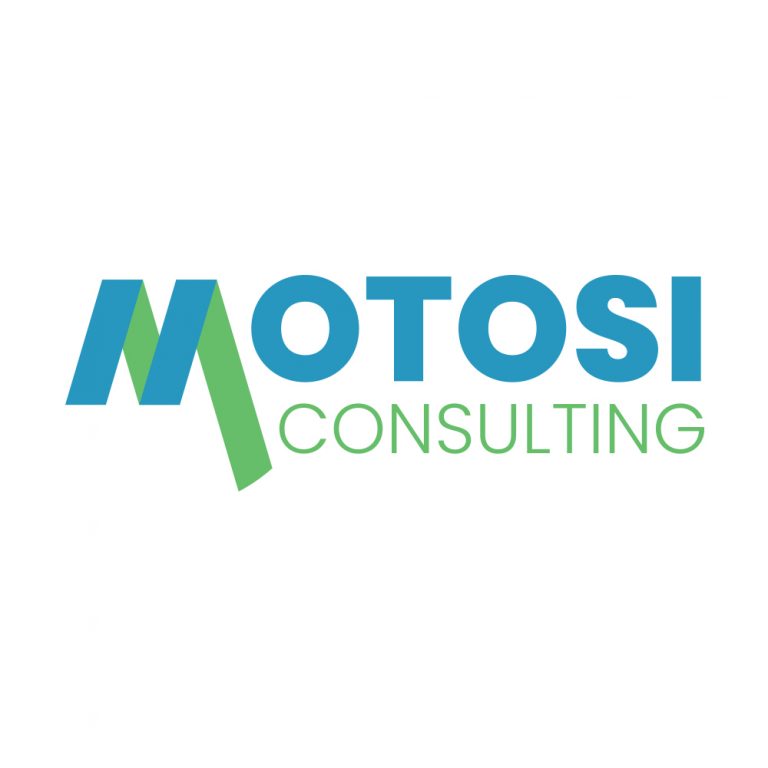The future of insurance is algorithms. In fact, let’s face it, pretty much the ‘future of everything’ is going to be based on algorithms in some form or other; we are ourselves, in essence, just a complex mix of ‘organic algorithms’ so the model and process management associated with algorithmic deployment is a somewhat tried and tested one.
Our daily lives are increasingly about how the ‘organic’ interacts and is entwined with the ‘technical’ with the output plain to see across a wide variety of mediums and real world interactions as we engage and manage them to the best of our knowledge and ability. These few words you are reading now on a page, for example, will be posted on an algorithmically engineered technology interface, socialised, and ultimately read by people who are part of the very same algorithmic ‘interface’, all of us utilising deeply entrenched and complex decision making at the organic level in the form of our own algorithmic make ups.
It’s certainly a bit of a ‘rabbit hole’ to go down if you think of things at the philosophical level, however, I won’t indulge myself (or bore you) in that regard but will keep things framed within an area I work and know, which is the London Market.
Algorithms in the London Market, in some form or other, are not new. What is perhaps new is their application and deployment in an ever changing and developing marketplace. In this environment, the London market is striving to modernise and shape itself to realise the benefits of algorithmic adoption and the improved intelligence lead decision-making and the commercial execution that comes as a result.
This pathway of merging mind and technology in the London Market is perhaps some considerable way behind the rest of society and is still some way off from realising the full potential and mutual benefits of such co-existence – but it is happening. We are seeing technology utilised in a variety of ways to face up to the challenges presented and to leverage and create opportunities for such relationships to come into being. This will only accelerate at an ever-increasing pace.
It will be down to the ‘market’ and the many different organisations operating in it to deliver the environment in which such co-operation between humans and technology can co-exist. If we achieve such an environment, it will benefit all who operate in it as well as the global market and buyers of the products and services that emanate from it.
Each component part of the ecosystem that is being built will need to understand what part it plays in the delivery of ‘the process’ and provide the relevant data which will support the ‘collective algorithms’ that are required in order for it to work. Algorithms do not work in vacuums, whether they are organic, or silicon based, they require information upon which to apply the logic that drives them. In our market parlance this is really all about data and without correlated data, structured, coherent and actionable data, processes fail and we move nowhere really. Or, at the very least, fundamental market processes become paralysed and friction heavy through not being able to efficiently use and access its services; the very place we are coming from and attempting to remedy.
Everyone should be encouraged and motivated by innovation and adventurous in their thinking in this regard. Embrace change but not blindly; engage technology transformation but not wildly or thinking that it will fix all woes and challenges the market faces. Finally, deliver change with pragmatism and with a handle on reality for what can be achieved, given the context within which we are working. These are incredibly exciting times and we are only really at the very start of this part of the journey.
The future is algorithms – the future is collaborative, and it is now.
About the author:
Paul Rich has for the last couple of years been trading as an independent Consultant, advising companies across the market on how best to execute operational strategy and deliver on best practice governance around centrally based operational functions.
Paul has an in-depth understanding of insurance markets, particularly the Lloyd’s and London Insurance Market. He has been involved in a variety of market modernisation initiatives over the years and was also the founding chair of the International Underwriting Associations (IUA) Delegated Authority Underwriting Group.
Driven to deliver operational best practice, based on evidence through real time reporting, Paul has a proven record of delivery across central operations functions at a number of different insurance-based entities, including Brokers, Managing Agents, and Coverholders / Delegated Authority propositions in the Company and Lloyd’s markets. He is passionate about embedding efficiently delivered operational processes, supported by ‘best in breed’ technology solutions, aiming to drive costs down and margins up. He has extensive strategic engagement experience, adept at managing multi-tiered, complex business relationships and operating models.


https://www.linkedin.com/in/justmepaulrich/



